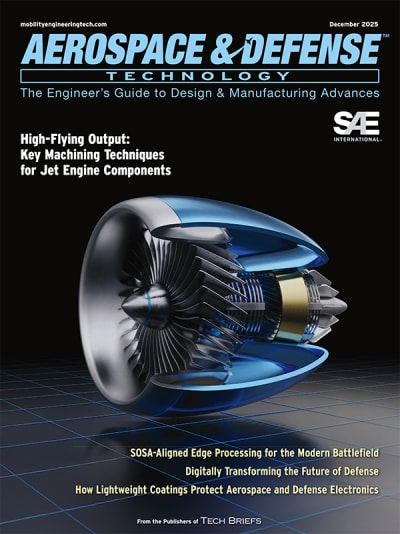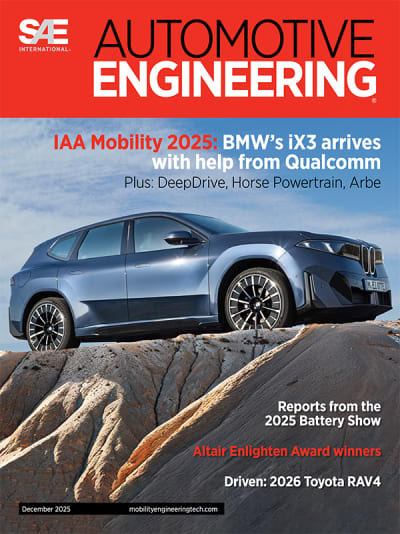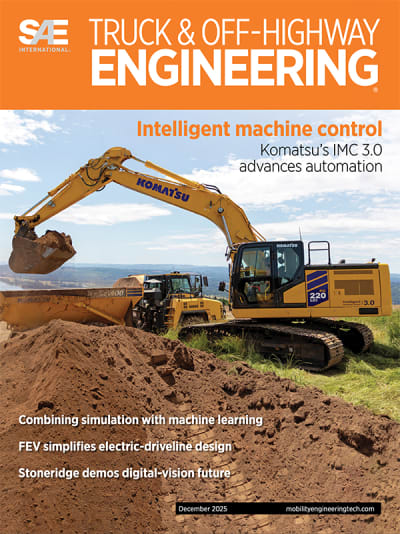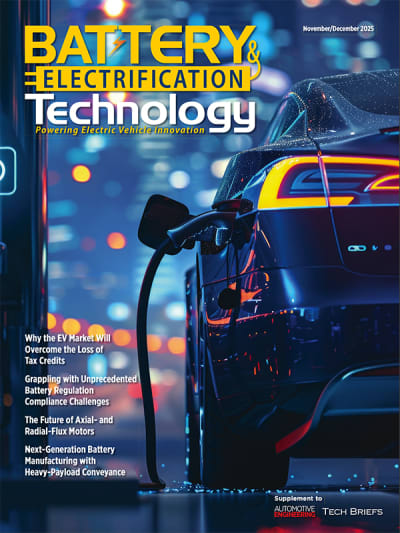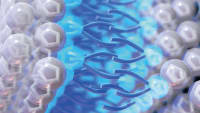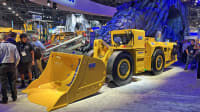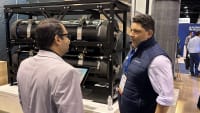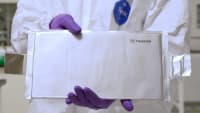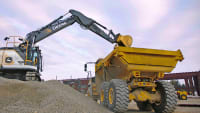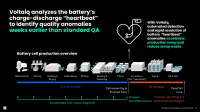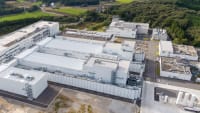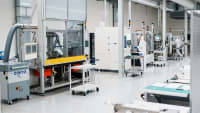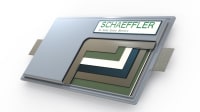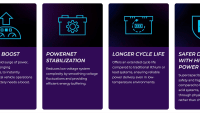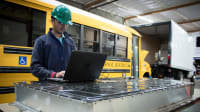Mitsubishi Fuso Announces Energy Storage Demonstration
Mitsubishi Fuso has announced a joint venture with CONNEXX to repurpose eCanter batteries for energy storage systems with integrated EV chargers.
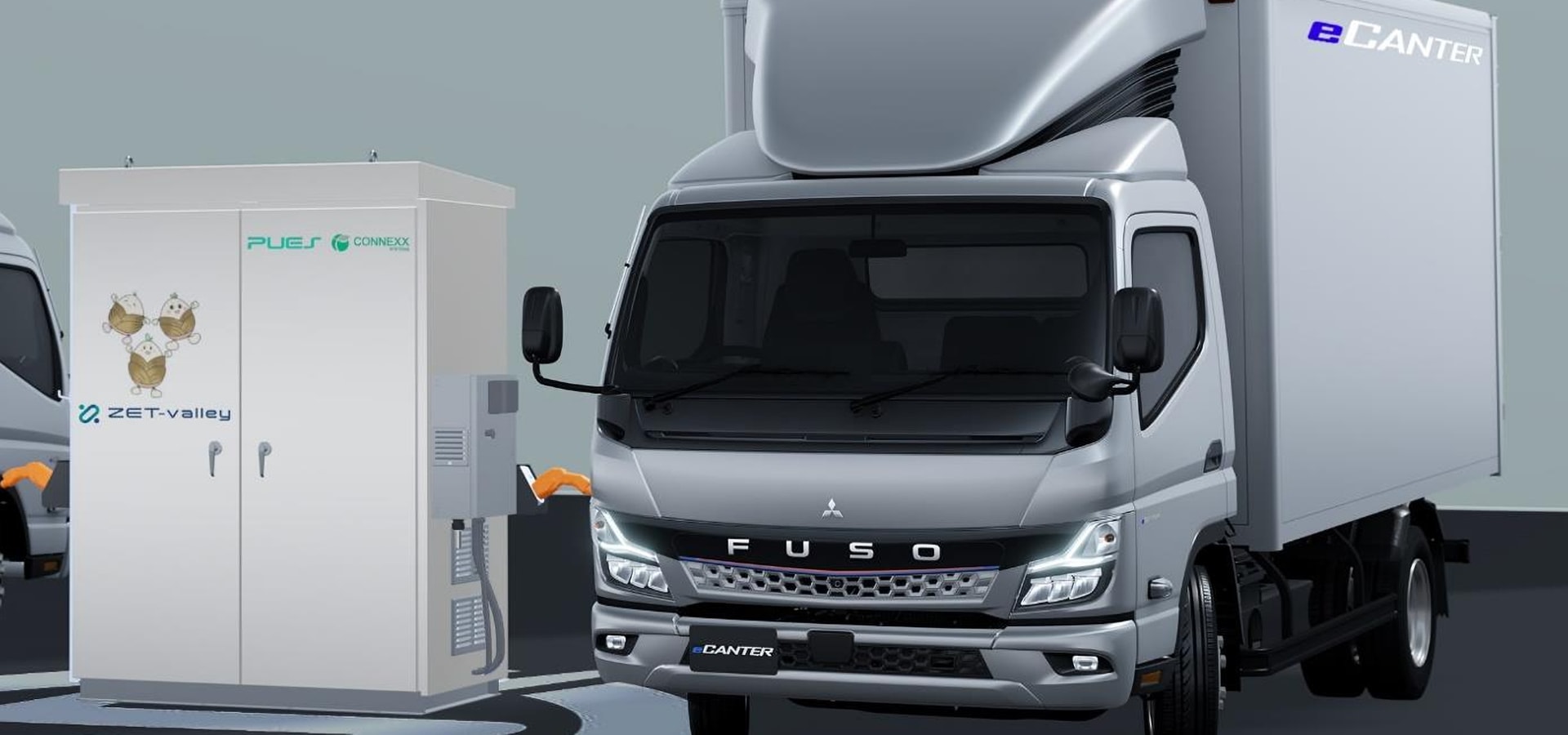
Mitsubishi Fuso Truck and Bus Corporation has announced it will conduct a joint demonstration of its Battery 2nd Life initiative this year. This initiative will be jointly conducted with CONNEXX SYSTEMS Corporation and will repurpose used batteries from Mitsubishi eCanter trucks to build energy storage systems.
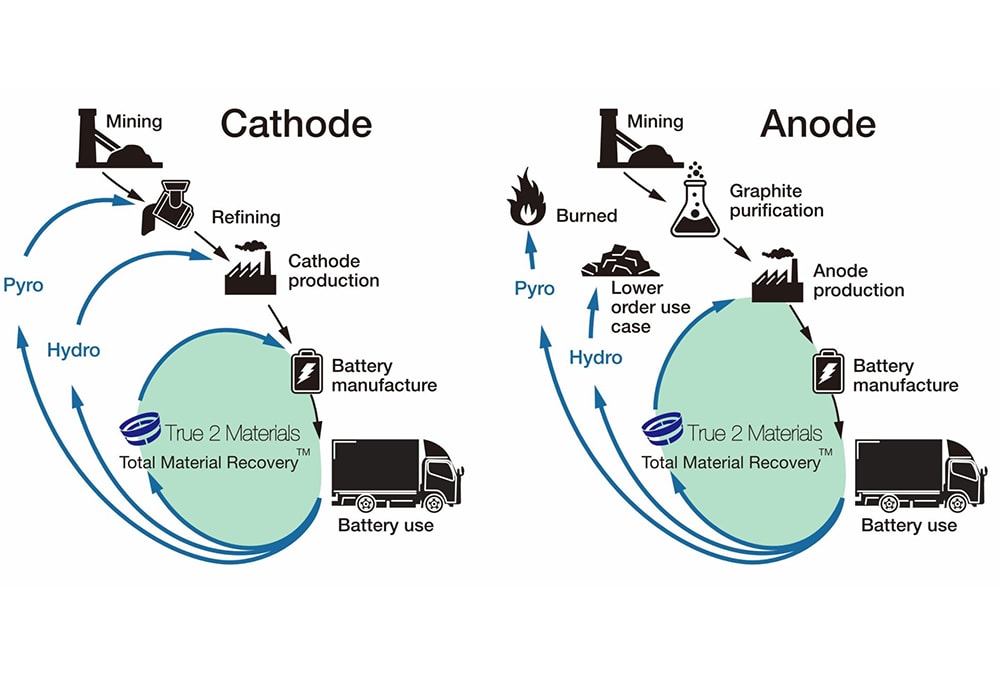
According to Mitsubishi, CONNEXX will remove the used batteries from end-of-life eCanters and repurpose them as power sources for what CONNEXX has dubbed their EnePOND EV Charger energy storage systems. These units have integrated EV chargers developed by CONNEXX that can reportedly reduce the load on the existing power grid while allowing for DC fast charging of multiple EVs simultaneously. CONNEXX also noted that these units enable EV charging during power outages.

According to Mitsubishi, repurposing used EV batteries accelerates the expansion of charging infrastructure while reducing overall costs and extending the lifespan of the battery. The first installation of this system will be located at Muko City, Kyoto Prefecture City Hall and will be used to charge the city’s EVs. Another EnePOND charger will be installed at Mitsibishi’s Kawasaki Plant. Mitsubishi and CONNEXX SYSTEMS expect this demonstration to verify the viability of this system with a targeted commercial availability of 2026.
“Batteries hold significant value in EVs and the number of used EV batteries and demand for processing them is expected to rapidly increase with the advancement of electrification,” Mitsubishi said in a release. “When these batteries complete their roles in other applications, the materials will be recovered for use in new products. Mitsubishi aims to establish a circular economy of batteries to maximize their material value, reduce the total cost of EVs, and further accelerate the shift to EVs.”

Mitsubishi also announced the construction of a pilot facility in 2024 for recovering materials from EV batteries. Mitsubishi stated that it had partnered with True 2 Materials to construct the facility which will recover anode, cathode and electrolyte materials. The facility will be located at its Kawasaki Plant to test the effectiveness of the T2M Total Material Recovery Process. The aim is to commercially maximize the value of battery materials while also reducing the overall cost and environmental impact of EVs.
Mitsubishi will first evaluate commercial viability in Japan but is open to the possibility of overseas expansion. Mitsubishi intends to maximize the value of battery materials by developing effective retreatment processes and thereby reducing the total cost of EVs.
T2M’s Total Material Recovery process reportedly retains usable anodes and cathodes while minimizing loss of raw materials and their value and reducing environmental impact. The TMR process uses nano-level molecular techniques and is different from conventional pyrometallurgy and hydrometallurgy battery recycling. TMR states this technology allows recovery of up to 99.9% of all EV battery resources, a higher percentage than conventional methods, thereby maximizing battery resource value.
Top Stories
INSIDERRF & Microwave Electronics
![]() FAA to Replace Aging Network of Ground-Based Radars
FAA to Replace Aging Network of Ground-Based Radars
PodcastsDefense
![]() A New Additive Manufacturing Accelerator for the U.S. Navy in Guam
A New Additive Manufacturing Accelerator for the U.S. Navy in Guam
NewsSoftware
![]() Rewriting the Engineer’s Playbook: What OEMs Must Do to Spin the AI Flywheel
Rewriting the Engineer’s Playbook: What OEMs Must Do to Spin the AI Flywheel
Road ReadyPower
![]() 2026 Toyota RAV4 Review: All Hybrid, All the Time
2026 Toyota RAV4 Review: All Hybrid, All the Time
INSIDERDefense
![]() F-22 Pilot Controls Drone With Tablet
F-22 Pilot Controls Drone With Tablet
INSIDERRF & Microwave Electronics
![]() L3Harris Starts Low Rate Production Of New F-16 Viper Shield
L3Harris Starts Low Rate Production Of New F-16 Viper Shield
Webcasts
Energy
![]() Hydrogen Engines Are Heating Up for Heavy Duty
Hydrogen Engines Are Heating Up for Heavy Duty
Energy
![]() SAE Automotive Podcast: Solid-State Batteries
SAE Automotive Podcast: Solid-State Batteries
Power
![]() SAE Automotive Engineering Podcast: Additive Manufacturing
SAE Automotive Engineering Podcast: Additive Manufacturing
Aerospace
![]() A New Approach to Manufacturing Machine Connectivity for the Air Force
A New Approach to Manufacturing Machine Connectivity for the Air Force
Software
![]() Optimizing Production Processes with the Virtual Twin
Optimizing Production Processes with the Virtual Twin

